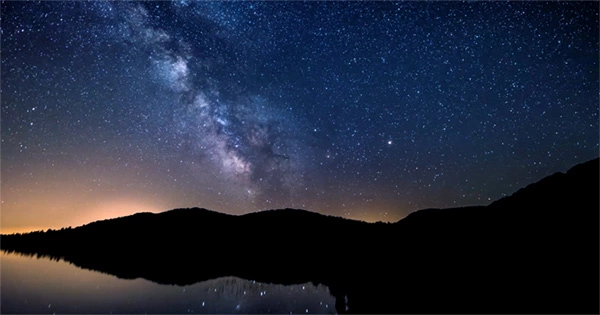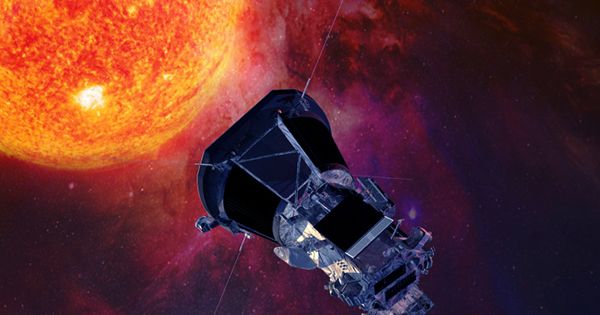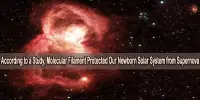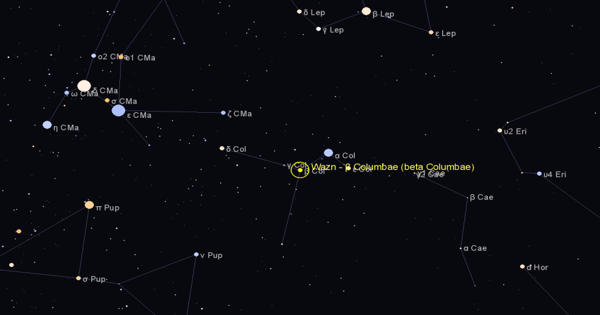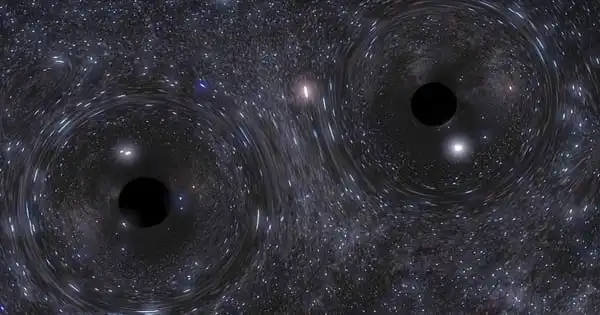Big Bend National Park in Texas has recently joined the world’s largest black sky reserve. It was also the first to cross the border between the United States and Mexico. The purpose of establishing dark sky reserves is to reduce light pollution by implementing night-sky-friendly initiatives. Local communities, animals, astronomers, visitors, and businesses will all benefit from the Greater Big Bend International Dark Sky Reserve, which spans over 40,000 square kilometers (about 15,000 square miles).
The incredible area was created through a collaboration between the University of Texas at Austin’s McDonald Observatory, the Nature Conservancy, the International Dark-Sky Association (IDA), the National Park Service, Texas Parks and Wildlife Department, and the National Commission of Natural Protected Areas in Mexico, as well as local organizations and businesses. “A dark sky reserve of this magnitude would not have been conceivable without wide regional support and long-standing efforts to conserve the natural splendor of the Big Bend region,” Teznie Pugh, Superintendent of McDonald Observatory, said in a statement. “This has truly been a communal effort, and the residents in the neighborhood should be proud of what we’ve accomplished together.”
The reserve will be separated into two regions: a core area surrounding Davis Mountain Preserve, where the McDonald Observatory is located, where the most rigorous light controls will be in effect, and larger supporting areas where light pollution will be minimized without affecting residents’ lives. “This reserve safeguards McDonald Observatory’s scientific research and public education goals,” stated Observatory director Taft Armandroff. “The observatory has enabled academics, students, and researchers at UT Austin and other Texas institutions of higher learning to study the cosmos since 1939, with themes ranging from planets circling nearby stars to the universe’s increasing expansion.”
The Davis Mountain Preserve’s education and outreach coordinator, Kaylee French, said, “We are pleased to be a member of the Greater Big Bend International Dark Sky Reserve.” “This partnership is one of a kind in that it brings together working partners from all around the world.” Our black skies are a priceless natural treasure that we can only safeguard by working together, and we are grateful to the International Dark-Sky Association for assisting us in being responsible stewards of this now and permanently protected resource.”
There are several advantages to Dark Sky Reserves. The lighting techniques used improve safety and save energy while allowing people (human and non-human) to enjoy the day and night cycle. Ashley Wilson, IDA’s director of conservation, stated, “The classification of this reserve is truly a historic occasion for the dark sky movement.”
“Decades of hard work, nighttime environmental care, great outreach initiatives, and many municipal incentives are being recognized for providing real and viable solutions that prevent the development of excessive and wasteful artificial light.” This indicates that with the devotion of a group of critical players and committed communities, collaborations and dark sky activities at the landscape scale can become a reality.
